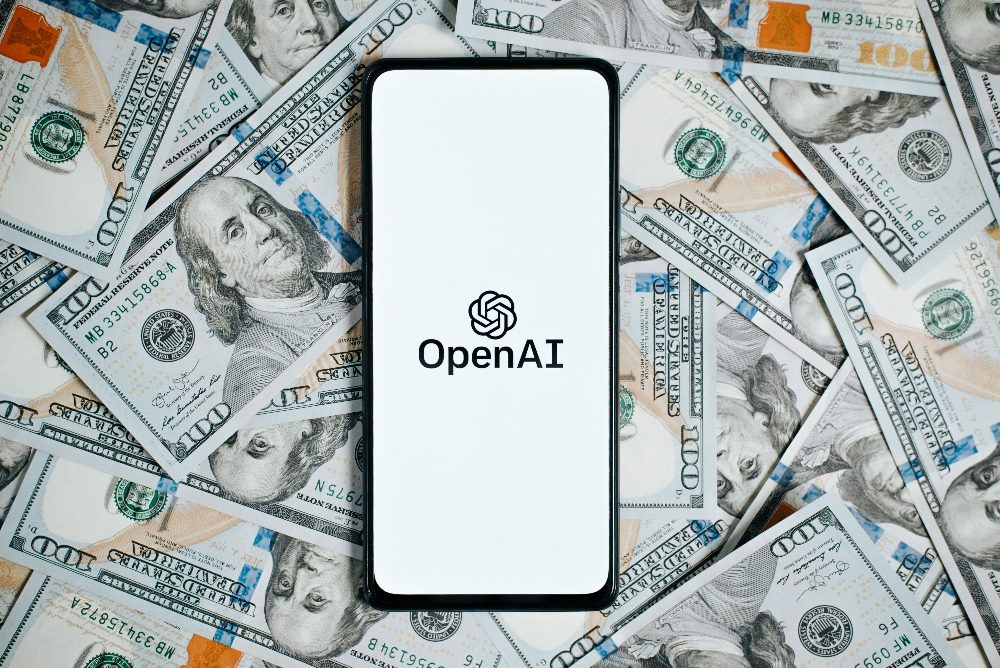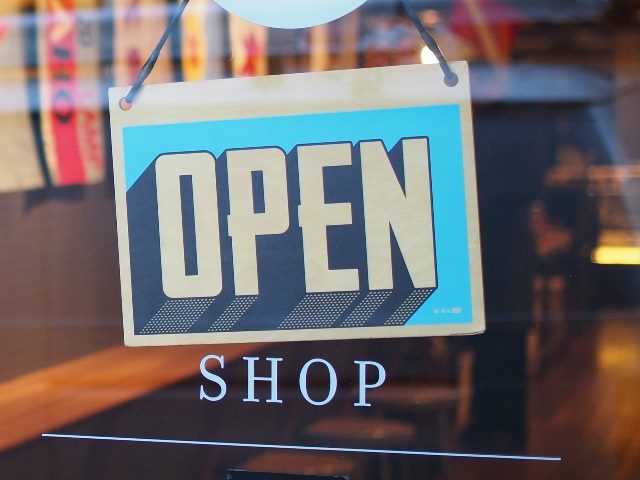The Gist
- Market expansion. GPT Store launch heralds new AI commercial era, enabling creators to sell custom GPTs.
- User empowerment. GPT Builder democratizes AI, allowing non-tech users to create personalized AI assistants.
- Innovative platform. OpenAI GPT Marketplace will transform AI integration in business, aiming to foster a robust creator community.
While the tech world took a holiday break from the flurry of AI announcements during 2023, a notable development, the GPT Store launch by OpenAI, emerged quietly in the early days of the new year. (Update: OpenAI made the announcement official Jan. 10).
On Jan. 4, OpenAI informed ChatGPT Plus and Enterprise customers of the impending GPT Store launch. This platform, unique in its offering, will allow users to share or sell their GPTs. Customers with access to the GPT Builder can create, publish, and monetize their custom GPT models.

The GPT Builder and the GPT Store launch plan were unveiled at OpenAI's inaugural DevDay, mirroring the format of developer conferences by major firms like Apple, Amazon and Google. This announcement was a strategic move to expand the ChatGPT community, introducing the Store as a means for developers and business professionals to earn profits from the sale of their GPTs.
What GPT Means to Marketers
Marketers can simply type the functions they want their GPT to perform, and the GPT Builder will create an AI-powered assistant for those tasks. The key benefit is the use of plain language for instructions, eliminating the need for technical knowledge of syntax in building an AI assistant.
Until now, users have had the ability to create GPT models and share them via the ChatGPT website, with the option to keep their models private for personal use.
The GPTs differ from ChatGPT plugins; while plugins enhance the main ChatGPT, GPTs act as distinct, personalized versions, operating based on the creator's content and guidelines. I covered these details in an earlier post, “How to Use the OpenAI GPT Builder for Your Own ChatGPT.”
With the GPT Store, GPT models transform into a strategic route. The store aims to develop a creator community and serve as a platform enhancing customer experience strategies for numerous providers.
Related Article: OpenAI Will Debut GPT Store Early Next Year
The Significance of the GPT Store Launch
The initial launch date of the store was changed, leading industry experts to speculate that the widely publicized controversy surrounding Sam Altman's abrupt departure as OpenAI CEO may have caused the delay.
However, the delay has afforded marketers a grace period to privately explore the GPT Builder, discerning which content is effective and which is not.
One unresolved aspect is the revenue-sharing model. OpenAI has yet to decide if the GPT Store will debut with a profit-sharing plan. Should this occur, the GPT Store could spark a gold rush akin to Apple's App Store in app development, exciting users about the GPTs and motivating enterprising individuals to monetize the tools and associated content.
Another consideration is the approval process. OpenAI will need to establish guidelines for permissible GPTs in its store and implement verification for GPT sellers. This ensures customers are buying bots that meet specific standards and are engaging with legitimate brands rather than knockoffs.
Related Article: ChatGPT Turns 1: A Year of Innovation, Controversy and AI Breakthroughs
What Will Emerge First on the GPT Store Launch?
The introduction marks an "App Store moment" for AI. The store platform enables users to share, discover, and profit from their GPT bots, much like app developers. The big benefit is that extensive programming skills are not necessary to integrate AI-level automation into content and services. This approach unleashes a robust AI backend on services and products, significantly enhancing customer experience.
What might emerge from early adopters using the GPT builder? Expected breakthroughs will likely influence customer experiences within organizations or those a bedroom techie has with a brand. One probable innovation is a backend-oriented GPT designed to streamline operations supporting customer engagement.
Another possibility is a concierge GPT adept at synthesizing suggestions from complex data and diverse content elements. A variation on this theme could be a GPT bot specializing in automating custom actions for users, similar to a Zapier service.
The highway to personalized AI seems to have an endless number of onramps given the vast variety of content combinations possible.
Regardless of the specific GPTs that surface, anticipate a surge in excitement and buzz about AI as the Store launches. AI tools like ChatGPT and Bard have demonstrated their ability to process vast amounts of data and provide numerous answers, often more than the user might need. The GPTs illustrate how a more customized LLM environment can manage a more suitable level of questions. Businesses that fail to incorporate machine learning into their data analysis are likely to lose money.
